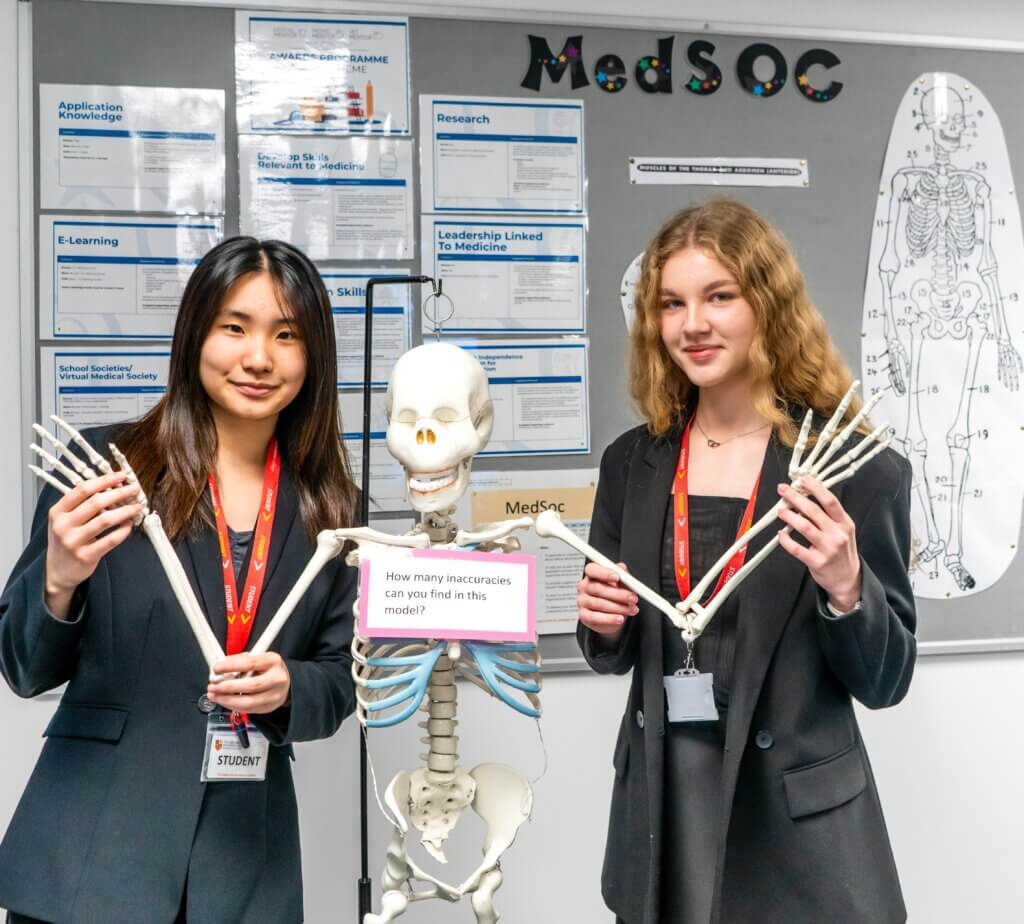There are many components to coordinate when putting together each undergraduate college application. And while certain responsibilities fall on the applicant–writing essays and completing the application forms–some are managed by the school counsellor. Even if you are working with an independent study abroad consultant, there are specific action items that only your school counsellor will be able to provide. If your school doesn’t have a designated counsellor, there is probably another faculty member, such as your principal or academic coordinator, who will serve in this role.
Here are the responsibilities of the school counsellor:
1) Writing the counsellor’s letter of recommendation:
For students who are planning to apply to US colleges, your counsellor will need to write one of the three letters of recommendation required. This serves as a means to verify the information that you have shared in other parts of your application, such as your essays. For example, if you have written about climbing to Everest Base Camp, but there is no mention of this in the letter of recommendation, it may be a red flag for admissions officers (AOs).
To do this well, your counsellor will need the details about each of your extracurricular activities, whether it be in school or independently. To ensure that they are informed and remember details correctly, you need to provide them with a resume that includes all your activities since grade 9. Your school counsellor may also ask you to complete a recommendation letter survey to collate this information.
2) Sending transcripts to colleges:
Most colleges will require official documentation of your grades/scores from grades 9 through 12. Providing these documents to colleges is the responsibility of your school counsellor. Your counsellor will also need to provide colleges with the predicted scores you are expected to earn at the end of the academic year–a critical component of the admissions decision process. For students who attended different schools for grades 9, 10 and 11, your current school counsellor will need you to collect transcripts from the previous school(s) so that they can be sent along with current transcripts.
If you are applying to the UK, your counsellor can also set up a UCAS account, however, this is not necessary if you are applying independently. In addition to supplying letters of recommendation, and verifying/predicting your grades, your form is only considered complete when the school counsellor signs off on it.
3) Liaising with teachers for letters of recommendation:
The other two letters of recommendation that most US colleges require, focus on your academic performance and progress in two different core subjects. You should approach teachers who have known you in a classroom setting, preferably teaching you a core subject such as languages, mathematics, sciences and history. If you have difficulty deciding which teacher to approach, you can ask your school counsellor to help you select your recommenders based on their experience both with different teachers and with different colleges.
Other international destinations also require academic letters of recommendation. Usually, these letters are sent through your school’s university counselling department. Your school counsellor should be aware of which teachers you have asked, which colleges need them and each individual deadline so that they can ensure that the letters are sent in time.
4) Nominating students for scholarships:
Most scholarship applications have to be submitted directly by the student. However, there are a few for which only your school counsellor or principal can nominate you. For example, the University of British Columbia’s ILOT scholarship and the Pearson Scholarship for the University of Toronto. It is important that you have a good working relationship with your school counsellor so that they are aware of your financial need and can inform you of these opportunities when discussing your college list.
5) Developing and updating the school profile:
A school profile is a one-page document that explains your school’s background–its philosophy, course offerings, average scores and other academic details. This crucial document is prepared by your counsellor to offer universities a relevant context of the environment from which you are applying so that they can evaluate you fairly. Say, for example, that your school doesn’t offer calculus, but you want to study engineering, your future university should know that you opted for the highest level of mathematics offered and should not discredit your application.
6) Setting up meetings with visiting AOs:
The school counsellor establishes a strong relationship between the school and representatives from global universities. When universities contact them, it is the counsellor’s role to ensure that students are given the opportunity to interact with AOs. This can happen at school or at a public event. To ensure that you are aware of these information sessions, you must ensure that your school counsellor knows which colleges are on your list.
Additionally, certain colleges place some value in their interactions with applicants. Some AOs may also interview students, but slots for these interviews are limited. If your school counsellor knows that you are keen on applying to a particular university, they could ensure that you get an interview spot.
Your school counsellor plays an important role in your college application, so ensure that they are aware of your college lists and future plans. If you are applying to the US, read this article on how to write your essays. Alternatively, read about what not to do when writing your UCAS personal statement here. For more information or guidance, get in touch with us.




